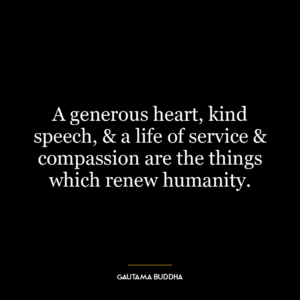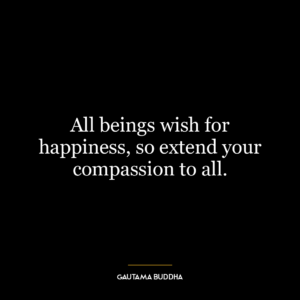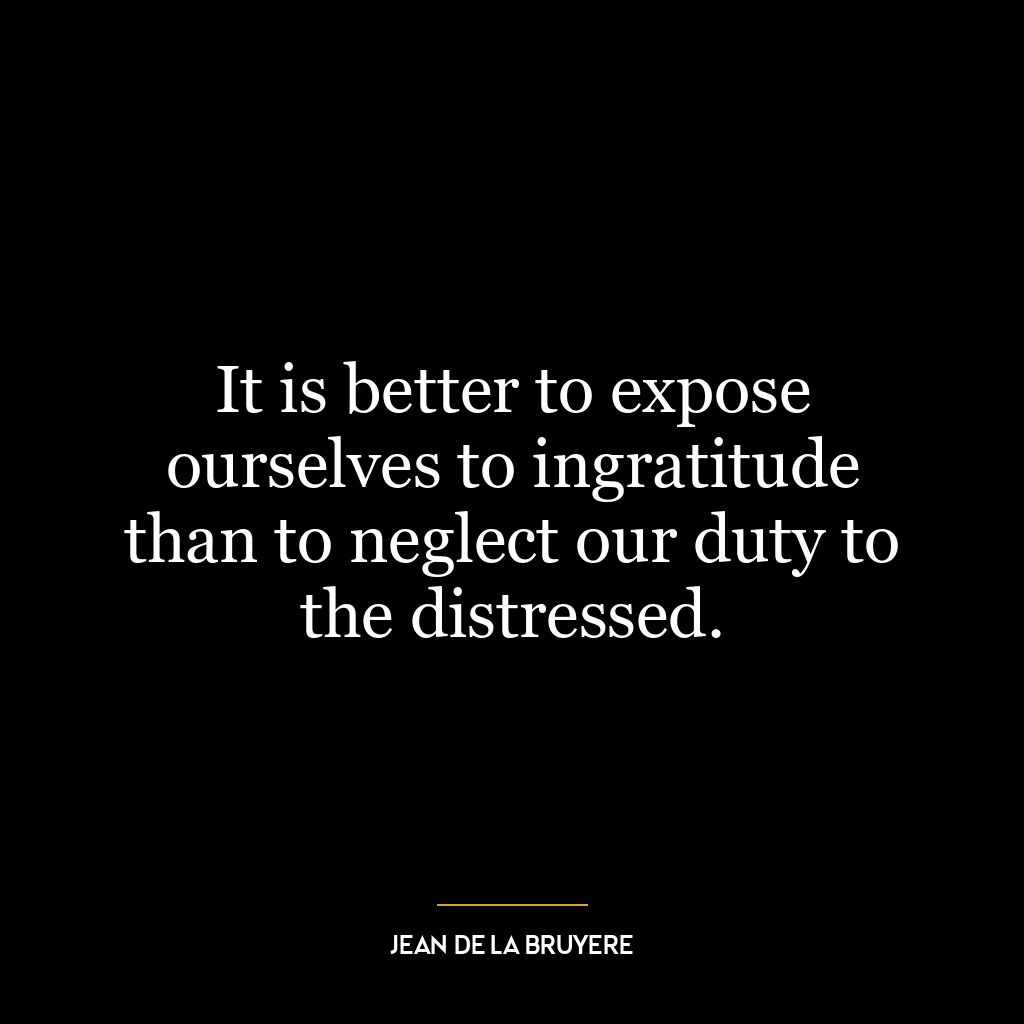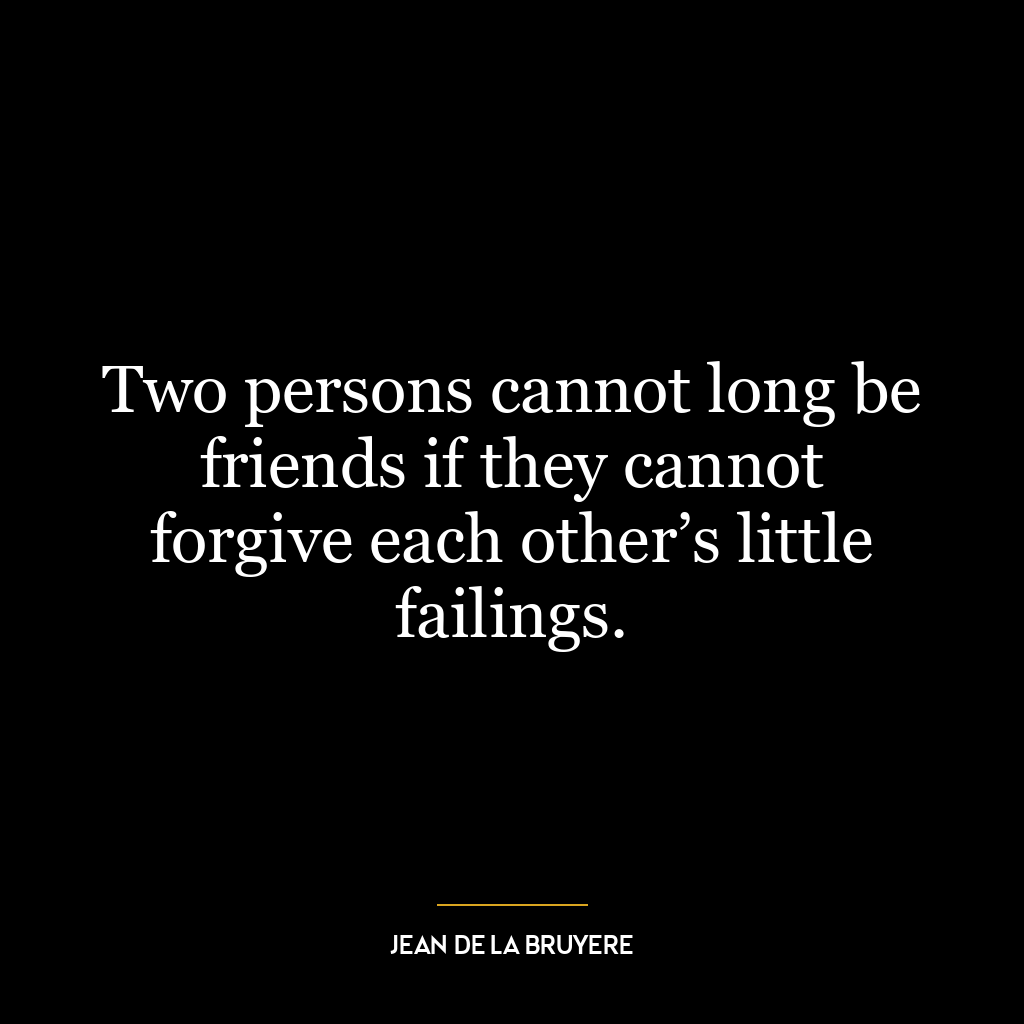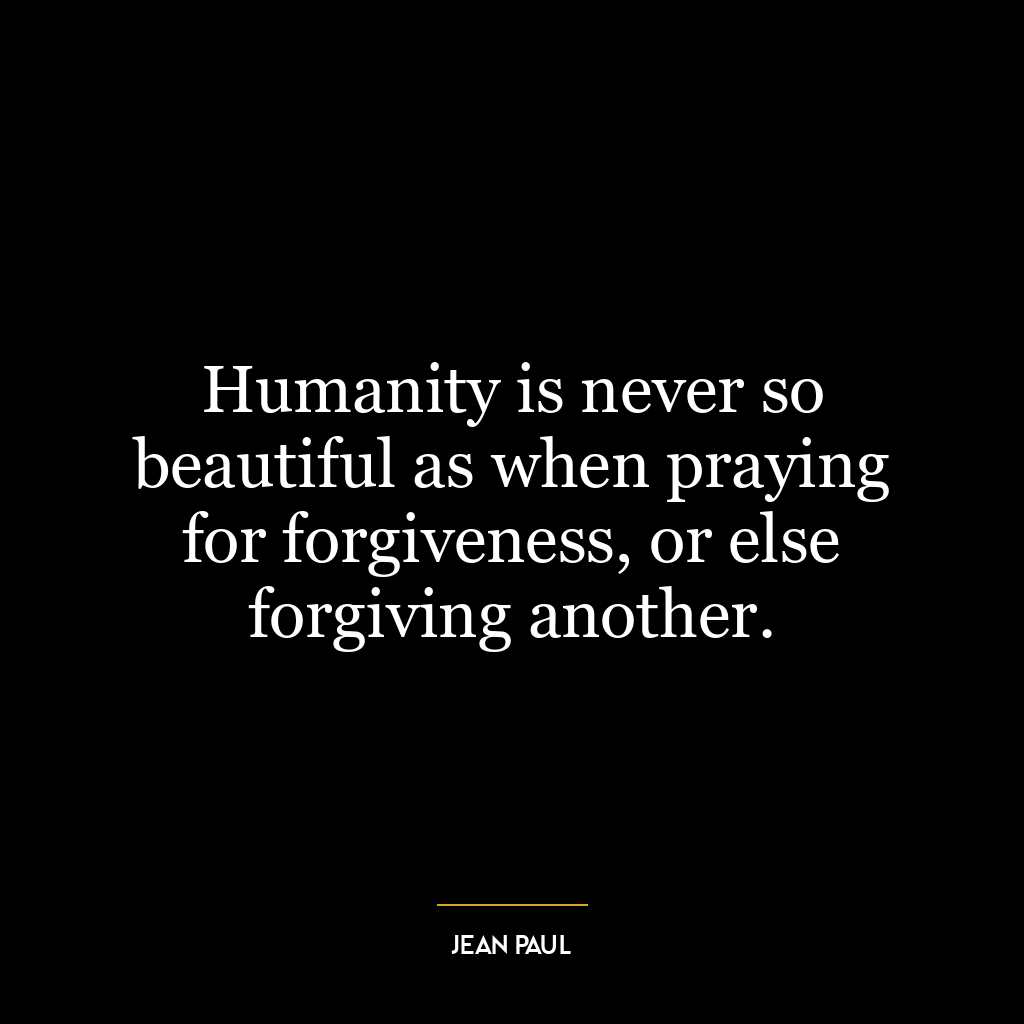This quote emphasizes the idea that hatred is a self-perpetuating cycle, meaning that responding to hate with more hate only serves to fuel its existence and spread. Instead, the cessation of hatred can only be achieved by choosing not to participate in it – by not hating in return. This principle is referred to as an “eternal truth,” suggesting its timeless relevance and universal applicability.
Delving deeper, this quote reflects the concept of non-violence or ’Ahimsa’ which is central in Buddhism. It implies that one should strive for a state of compassion and understanding, even when faced with hostility or malice. The act of not hating doesn’t merely mean refraining from negative actions but involves actively cultivating positive feelings like empathy and love.
In today’s world where conflicts abound at various levels – personal, communal, national or global – applying this principle could lead us towards resolution and peace. For instance, instead of responding with aggression when someone wrongs us personally (which would likely escalate the situation), we could choose understanding and forgiveness. This breaks the cycle of hatred on a personal level.
On a larger scale too, if societies respond to acts of violence or terror not with revenge but by addressing root causes such as poverty or lack of education—essentially responding with understanding rather than further violence—the cycle can be broken.
In terms of personal development too this idea holds great value. Holding onto hatred harms our mental peace more than anyone else’s; it traps us into negativity affecting our overall wellbeing. Choosing ‘not-hating’ liberates us from these self-imposed chains allowing for emotional growth.
Thus Buddha’s words serve as both wisdom for living harmoniously in society as well as guidance for individual spiritual growth.




